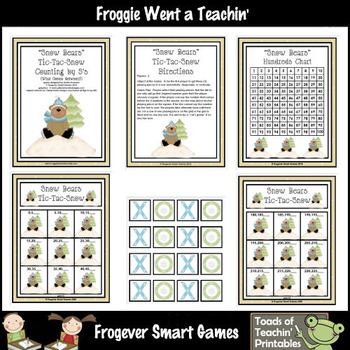Many parents are dedicated to homeschooling because they want the best for their children’s education. For some children, homeschooling offers unparalleled opportunities and benefits that might not be realized in a traditional classroom setting. That’s why it is so important to carefully think through any decision that involves your children. The advice in this article will help you in making a decision about homeschooling and in setting up your homeschooling classroom.
Check with the state before you start any homeschooling program. There are different laws regarding homeschooling. The majority of States have a standard curriculum, but you also might have to put together something on your own. Align your year with that of the nearest school district to maintain uniformity.
It’s not easy to have one child in school while caring for a baby. To tackle this problem, divide and conquer by allocating a certain amount of time for each child each day. Try to find activities that they can both participate in. Give your child a chance to bond and develop by engaging with them every time you can.
You have to give children breaks if you want them to pay attention. Going to long without a break can result in them getting lost in the material. Give them the opportunity to rest a while and stretch their legs. It will be beneficial to both you and your child.
Take field trips with other homeschooling families. It is great fun and will allow your kids the opportunity to make friends with other homeschooled kids. It keeps costs down due to bulk rates, too!
Designate your housework to your kids or get help from outside. It will be challenging to accomplish it all yourself. Cleaning, cooking, grocery shopping and taking care of everyone can wear you out fast. Ask for help and appreciate it when you get it.
Create a budget for homeschooling expenses. List out all field trips you’ve planned and materials you’ll need and budget accordingly for the year. Create different accounts for each child. Leave a little extra in the account to cover expenses that might pop up.
In a time of budget cuts and overcrowded schools, there has never been a better time to consider homeschooling. Even so, you may wish to check and be sure that your children are keeping up with kids in public school by having them take standardized tests on a regular basis. Comparing your child’s scores to their peers scores can show you where your child might need extra help.
Jot down the reasons you want to homeschool your kid. Why are you homeschooling? Who does it benefit? Be clear about what you want to achieve, so when others ask about your reasons for homeschooling, you can answer their questions. It will make things easier for you.
Base your lesson plans on your kid’s needs. Know what interests them and build their lessons involving that subject matter. When they’re a part of their education, they will actually have fun. Their ideas may surprise you.
Homeschooling Families
Get yourself involved with other homeschooling families in your community. It’s not simple to be a teacher, but it’s easier when you have help from others. You also might be fortunate enough to find some really great friends when imparting your knowledge on others. This can also create a social circle for your children. Because your child isn’t in a conventional school, they do need to have socialization time so that it doesn’t become a problem later on. Meeting up with homeschooling families helps.
Younger children especially need boundaries. Younger children can easily become a distraction in the classroom. Also take a few breaks so you’re able to spend more time and give attention to your younger children. This will keep your students on tasks without causing distraction.
Blogging is an effective tool for your home-schooled child. Writing is one of the most important skills they can learn. Let your child choose a topic that he finds interesting. Once you and your child have selected an appropriate topic, create the blog, and make sure the privacy settings keep the blog private. Show your children how to do research and write articles based on their findings. You could also encourage them to write short fictional stories based on the topics they are studying.
There are different learning styles to learn about. Not every child learns in the same way. They may need to see you demonstrate the idea or have to test it out themselves. You need to research them in order to respond properly to your children and their learning needs. This will give you the most success in the long run.
Patience is extremely important when you homeschool. This is important. Your child will become frustrated from time to time and you may, too. Positive reinforcement is critical to the development of confidence and enthusiasm.
Try to make homeschool as fun as possible for your child. Learn about subjects you’re really interested in. Libraries generally have lots of great free information available. Incorporate material that is fun and interesting into your lesson plan. Everyone wins in this way.
Finally, lots of parents have come to the realization that homeschooling represents the best way to educate their kids. If you are one of these parents, it is important that you know all there is to know about homeschooling. This advice can help you make better decisions for homeschooling your kids.

